Elon Musk called it "a criminal organisation".
Donald Trump said it "has been run by a bunch of radical lunatics".
After more than six decades of helping countries worldwide and weathering bipartisan efforts to slash its budget, the United States Agency for International Development (USAID) may be facing permanent closure.
The agency and its beneficiaries around the world have found themselves under attack from billionaire Musk, whom US President Trump has tasked with downsizing the government workforce and cutting federal spending.
The dismantling of USAID - compounded by Trump's orders to reassess US contributions to, to and - has cast a shadow of uncertainty over the future of global humanitarian efforts and public health.
What is USAID?
The US spends more on foreign assistance than any other nation.
In the 2023 fiscal year, the US disbursed, through various agencies, US$72 billion ($114 billion) of aid worldwide on everything from women's health to distributing food in war zones, to clean water access, HIV/AIDS treatments, energy security and anti-corruption work.
Roughly half of that amount - equal to less than 1 per cent of the total US federal budget - was USAID's budget. The agency had more than 10,000 staffers and contractors, two-thirds of whom were based overseas.
The US has been the largest single donor of the UN. In 2024, it provided 42 per cent of all aid tracked by the organisation.
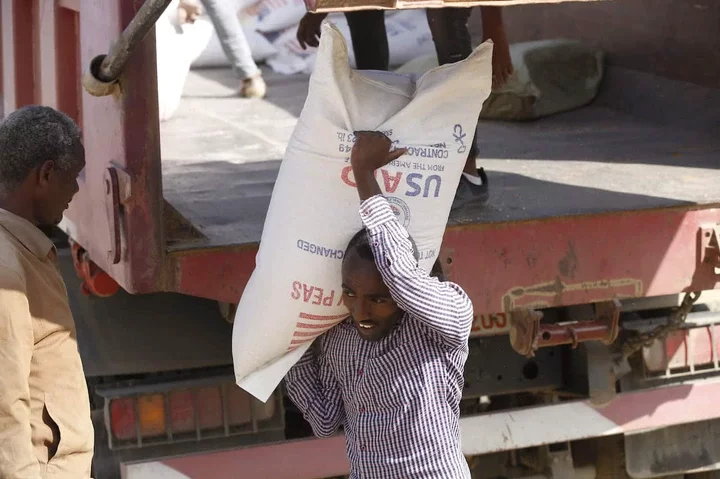
Besides development work, USAID has been distributing food and other assistance in conflict-stricken areas around the world. Source: SBS / Anadolu Agency
Founded in 1961, USAID has primarily supported developing countries across Asia, Africa, and Latin America by funding projects run by local groups, international organisations on the ground, and other governments.
Its scope of work has been extensive, from vaccines and disease prevention to feeding the hungry to financing small businesses and promoting good governance through support for human rights, independent media and free elections.
It has also been involved in conflict and disaster relief.
To its defenders, USAID is an essential humanitarian agency, whose work also boosts America's soft power and champions democratic values.
Critics, including authoritarian governments and some conservatives, have long viewed it as a tool for pushing US geopolitical interests and spreading socially progressive values - specifically through support for LGBTIQ+ and women's rights.
USAID has often been accused by some governments of acting as a front to foment pro-US regime change.
There have been historical cases of the agency being abused in this way, including as recently as the 2000s in Cuba, when it helped set up a social media network aimed at organising protests against the government.
More often, however, the claim has been used by authoritarian governments to attack independent media and civil society groups that have received foreign grants.
In Russia, for instance, such groups have been labelled 'foreign agents' and banned, while in Hungary, foreign-funded NGOs have been subject to restrictive laws.
The global impact
On 26 January, the US State Department issued a worldwide 'stop-work' directive after Trump's executive order to freeze all foreign aid, pending a review of its efficiency and alignment with American interests.
After an outcry, some exceptions were made for emergency food and medicine assistance. But reports indicate the sudden closure of USAID's headquarters in Washington and furlough of employees has halted the distribution of vital aid.
Half a million tons of food worth US$340 million ($540 million) is stuck in transit or storage, and the supply of drugs for HIV, malaria and tuberculosis has been suspended, according to Reuters.
However, the plan to close the agency was suspended by a US judge, who on Friday granted a request from the largest US government workers' union and an association of foreign service workers.
The ruling - which blocks the Trump administration's plans to place about 2,200 USAID workers on paid leave and reinstates some 500 employees who had already been furloughed - will be in effect until February 14.
The judge will consider a request for a longer-term pause at a hearing scheduled for next week.
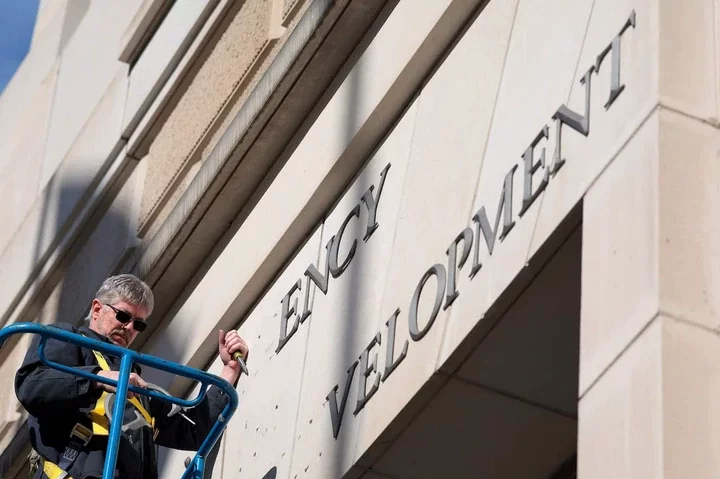
The sign on the USAID headquarters in Washington, DC has been taken down following its abrupt shutdown on the orders of US President Donald Trump and Elon Musk's Department of Government Efficiency, throwing US foreign aid and programs worldwide into limbo. Source: Getty / Kayla Bartkowski
A long-time USAID employee, who asked not to be identified as she's not authorised to speak to the media, told SBS Dateline the stop-work order caught them and their local partners by surprise.
"We presumed there would be some process and review, but it was a just blanket indiscriminate ban," she said. "The waiver was granted on life-saving assistance but the staff who were meant to manage it were put on administrative leave.
"USAID's ability to make payments was also taken away from us."
She said local organisations that have been relying on USAID funding "are holding their breath hoping aid will resume", but as more news is coming out "people are becoming more nervous".
"It feels like development as a sector is going away," she said. "It's sad. I'm grieving. My entire career is being shut down."
The impact was felt immediately across the developing world, although the full extent of the damage will be seen over time.
In Southeast Asia, among the programs already impacted by the US aid freeze are , , and
In Sri Lanka, a local non-profit that helps women and girls fleeing domestic violence had to pause its work immediately.
There was "no indication of a time period and no reassurance of staff salary payments during the suspension", Women In Need's program and legal manager Mariam Wadood told SBS Dateline.
She said 85 per cent of the non-profit's operations are funded by USAID, allowing them to run seven offices and four emergency shelters across the country and employ 120 staff, including lawyers and social workers.
Now, the organisation is faced with the prospect of shutting down some offices and laying off employees.
"We have been instructed to downsize our operations," she wrote in a message. "We have two other smaller projects running parallel-y so we will have to downsize and discharge staff under the USAID project while maintaining minimal service provision under the remaining projects."
"We're preparing for long-term cuts and looking for other donors," Wadood added.
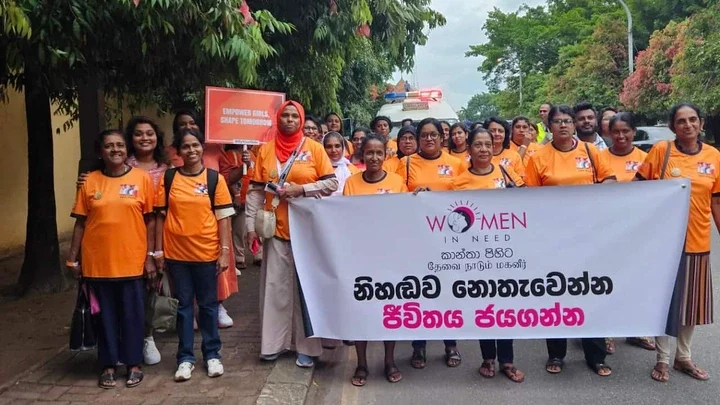
Around the world, local non-profit, non-governmental organisations like Sri Lanka's Women In Need have had to pause their work and are bracing for long-term funding cuts. Source: Supplied / Facebook/ Women In Need
Earlier this week, US secretary of state Marco Rubio at USAID for wasting taxpayers' money on "ridiculous and, in many cases, malicious projects with next-to-no oversight".
To back up the point, the White House has been citing reports from right-wing media as sources.
Rubio said he's now the acting administrator of the agency. In a letter to Congress, he informed Congress of the looming re-organisation, saying some parts of USAID might be absorbed by the State Department and the remainder may be abolished.
USAID's website and its main account on X were taken down. Staff at overseas missions were put on administrative leave while the State Department prepared a plan to arrange their return to the US within 30 days.
This plan has also been affected by the judgment at the US District Court on Friday, which bars the administration from relocating USAID humanitarian workers stationed outside the US.
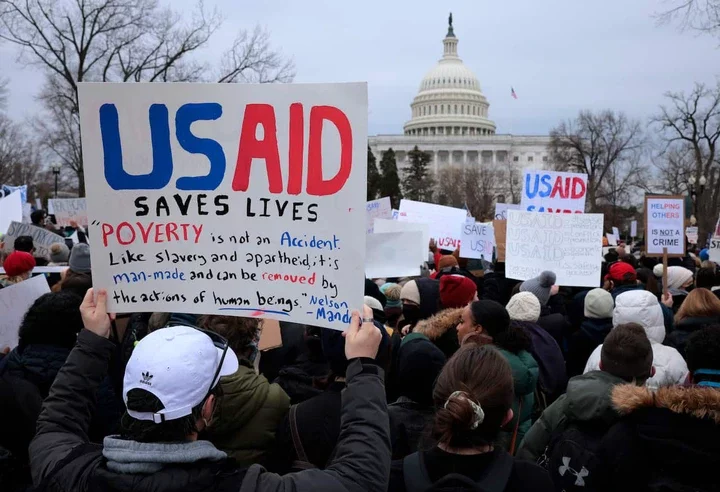
USAID employees and supporters have been protesting in Washington against the Trump administration's sudden closure of the agency's headquarters and a worldwide freeze on foreign aid. Source: Getty / Chip Somodevilla
What's next for USAID?
A group of Democratic politicians have condemned the aggressive takeover of USAID. Some legal experts argue that the president can't unilaterally abolish a federal agency created by Congress.
"What's happening to USAID is against the law," Senator Brian Schatz told Reuters at a protest outside of the agency's headquarters this week. "It's flatly illegal, and it is dangerous to Americans at home and abroad."
Although it is not uncommon for foreign aid programs to be merged with the diplomatic service, some think it might affect their efficiency.
Lester Munson, a DC-based non-resident fellow at the US Studies Centre at Sydney University, used to work for USAID under the George W. Bush administration, being involved in HIV/AIDS and malaria programs.
"It's potentially bad because the State Department is designed to conduct diplomacy and not necessarily to run assistance programs," he told SBS Dateline.
"To me, the biggest change is the withdrawal of US personnel from missions abroad. At least for the next four years, the US isn't going to have aid officials in developing countries. It's a totally different model."
He said there were strategic advantages of having a permanent presence on the ground and being able to adapt programs to local circumstances.
"It's harder to do when everyone is in Washington."
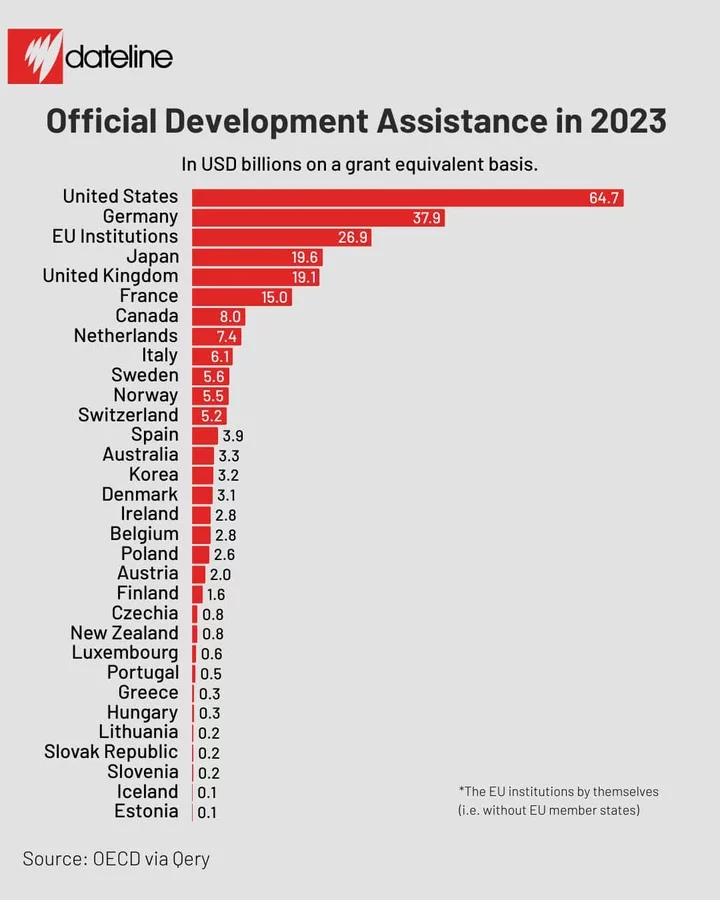
Source: SBS / Caroline Huang
A shift in priorities
It's not only USAID's future that's uncertain. At this point, it's unclear how much and to what extent the US foreign spending will change after the 90-day review, and who can and will fill the gap.
What many agree on, however, is that the US foreign assistance priorities will shift. Looking at the Trump administration's ideological stance, experts and humanitarian workers expect cuts in areas such as transgender rights, reproductive rights.
Cameron Hill is a senior research officer at the Australian National University's Development Policy Centre in Canberra.
He told Dateline: "I think we'll see cuts in areas such as diversity, equity, and inclusion programs. [Trump's] shift away from prioritising climate change is being noticed in the Pacific, which does pose an existential threat to the region."
"We may see more emphasis on things like private sector development and working with faith-based organisations."
In the Pacific, the US accounts for roughly 7 per cent of all foreign development aid, with Australia being the largest donor. The majority of US funds in the region goes to four countries, Palau, the Marshall Islands, the Federated States of Micronesia, and Papua New Guinea.
As the US potentially may slip in influence, China will be quick to seize any perceived advantage that comes from that, Hill said. But he said Australia remains the biggest development partner in the Pacific and, hopefully, will work with partners like New Zealand and Japan to fill critical gaps.
"I hope that in private discussions with US colleagues, the Australian government is emphasizing the importance of this region for US foreign policy," he said. "There's a lot of value for a comparatively small amount of money."
"Australia has an opportunity to engage with the new administration, point out the areas where mutual strategic interests are at stake and encourage to make more investment here."

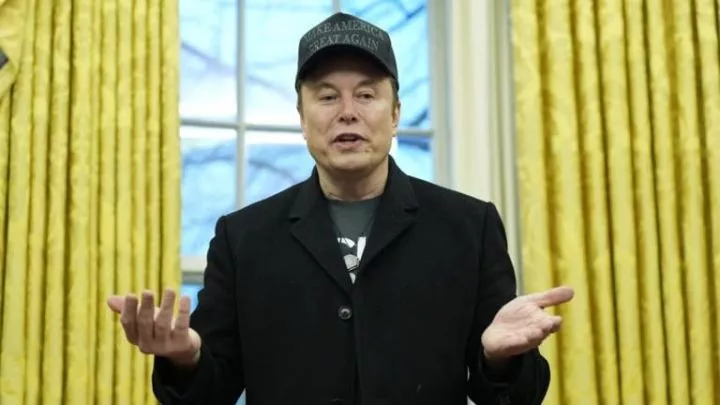
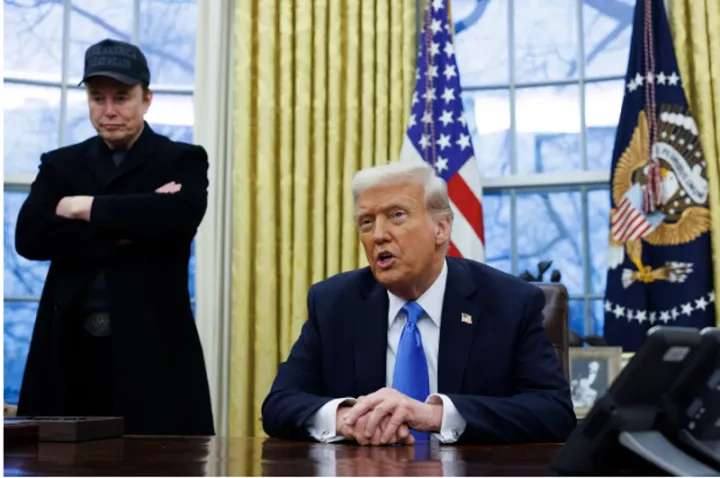
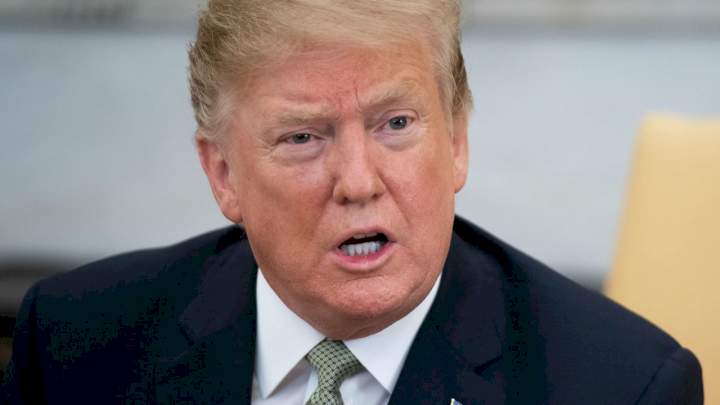
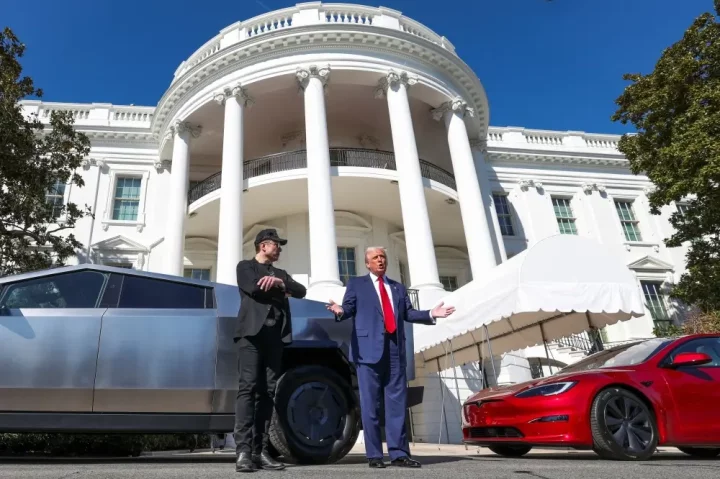
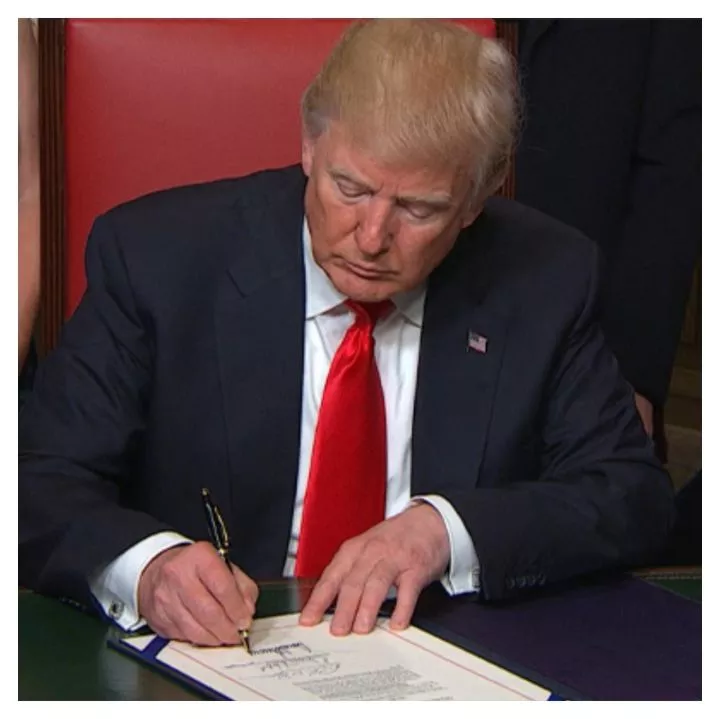
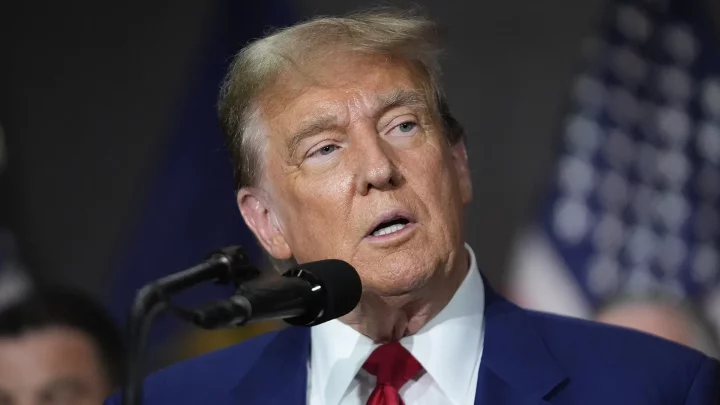
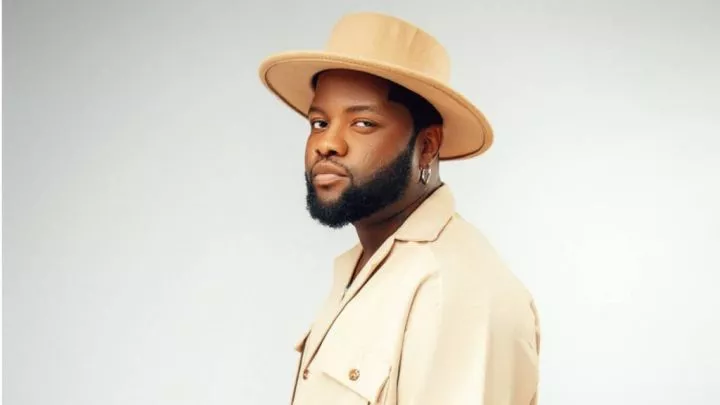

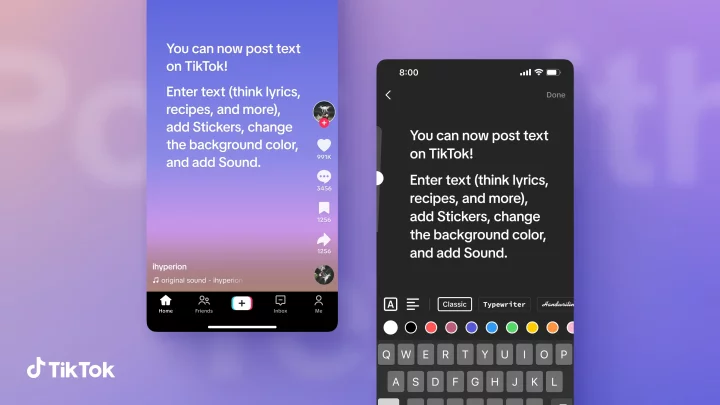


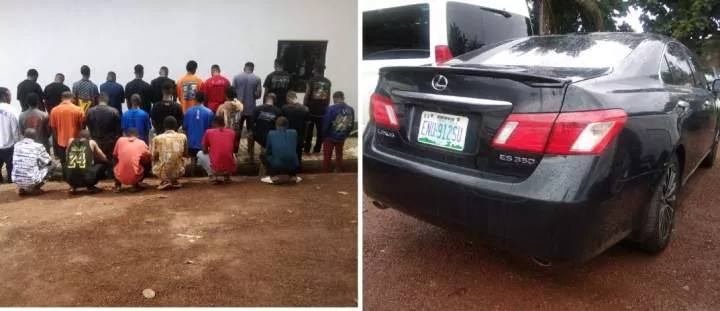

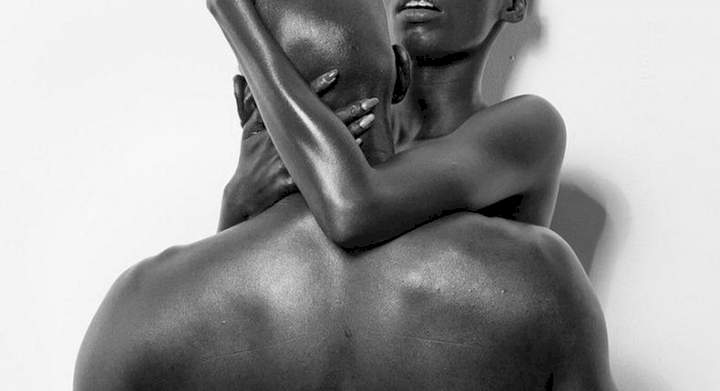

Comments